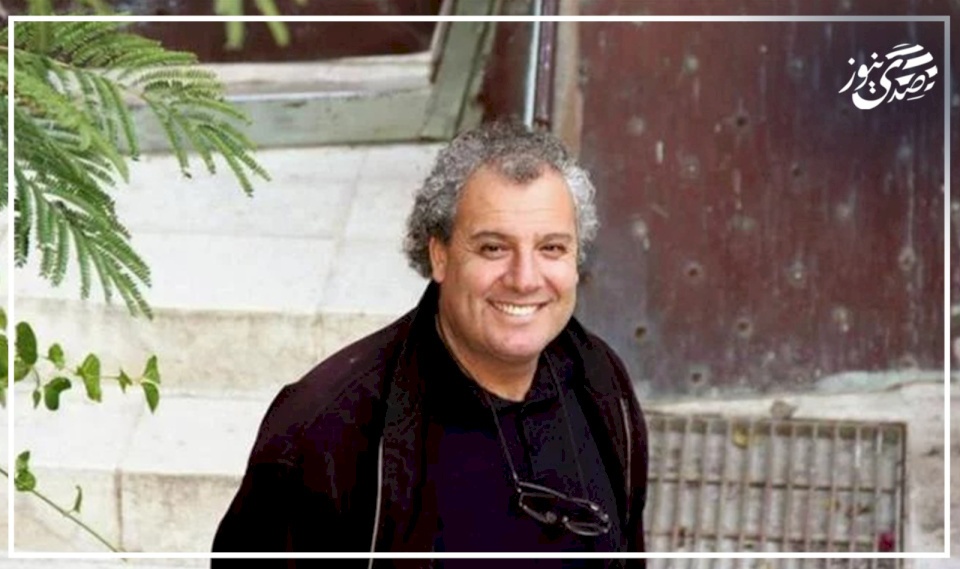
Why Don't We Read for Each Other?
In a long and sad Facebook discussion, a well-known Arab novelist confided to me his concern and surprise at the lack of interaction from his writer friends and acquaintances—novelists, poets, and short story writers—with his new novel, which he released after ten poetry collections. After I told him that this is very normal, and perhaps they have a point, as they fear any new experiment might overshadow their own, and if they read it, they do so with an anxious, scrutinizing eye, he wrote: "The surprise, my friend, is that I have a group of writers I sit with weekly, who have been my friends for a long time. One of them tried to create literature but failed and moved on to another field where he has soared. These people asked me about the novel while I was writing it, and they were enthusiastic, but when it was published, they didn't request it or mention it, even though we talk most of the time about Arab novels and their crises. I have a poet friend who works in media; this friend diligently showers me daily with his texts and asks for my opinion, yet he has never inquired about my novel despite my posting critical articles about it on my page, tagging him, and sharing its cover multiple times in my stories. Moreover, do you know that I have a short story writer friend who works in an institution not far from my house? Every morning, he enthusiastically greets me as he gets out of his car, then stands and launches at me a missile: ‘Yesterday I wrote a new story and I want your opinion on it; it's amazing.’ Do you know that this short story writer never asked me about my novel, nor showed any desire to read it, nor mentioned it while we stood in front of my house and his institution?"
I sent my friend a message asking him: why don’t you embarrass them and give them your novel and ask for their opinions? That way you might feel relieved?
He replied: "I feel embarrassed, my friend, to present my novel to others. I won’t feel at ease doing like them; I would feel as if I were begging for their opinions. The interested one is the one who asks and looks for it. If they were really keen to follow me, they would be the ones to request the novel. This way, I feel respected, and my pride is intact."
I sent him: don’t worry too much; your novel is beautiful, different, impactful, and has a new idea. A good work will reap its fruits someday, and my students and I have enjoyed reading your work. Believe me, it will remain immortal and inspirational, and everywhere, they will talk about it in newspapers, radio stations, and universities. As for those authors who ignore it, you must excuse them; they only feel fear from any creative act. Strangely, and this is what I don’t understand, the fearful ones come from literary domains. Your new work is far from them, like story, poetry, criticism, theater, and cinema. I understand a novelist feeling fear from you, but for a short story writer, critic, playwright, or filmmaker to feel fear is truly astonishing, I swear. I want to tell you about my experience with being ignored. A few months ago, I published a short novel for the first time after 11 story books. I swear to you that one or two writers asked me about it and requested to read it, while the rest, who are many, are readers. I received dozens of messages asking: is the book sold in Tunisia? Is it available in Algeria? etc. And so, I sent them the novel (PDF).
He sent me: yes, yes, the readers are honest and more innocent; they don’t fear because they have no writing projects to compare with others' writings. They are free from the tension coming from fierce competition and the anxiety of superiority. They read honestly; whether they like the work or not, they write exactly how they feel. They don’t flatter like authors, nor do they hide their genuine amazement like them.
I sent to him: I want to ask you a direct question: do you search for novels by your Syrian colleagues and friends? Do you ask them for it? Give me the name of a novelist you asked for their novel, read it, and were sincere in your evaluation.
My friend did not respond, even though he read the message. I wrote to him good night, and he did not say "you too." And before I fell asleep, the question fell on my head like a stone: and what about you, Ziad? When was the last time you asked for or bought a novel from a Palestinian writer to read and enjoy, not to scrutinize its weaknesses and compare it to your works?
I did not answer.
And I did not say to him: good night. And I did not reply: and you too.

Two Mini-States and Two Palestinians

Is War Against Iran Imminent?

With Leaders of His Army and Intelligence Present: Netanyahu Declares "War" on the Negev

Destruction of the Islamic Scene in the West

Media Deception… When Lies Are Cloaked in the Garb of Truth

Gaza Under Siege and Assassinations: Israel's Policy for Managing the Conflict

What is Required from Meladienov

